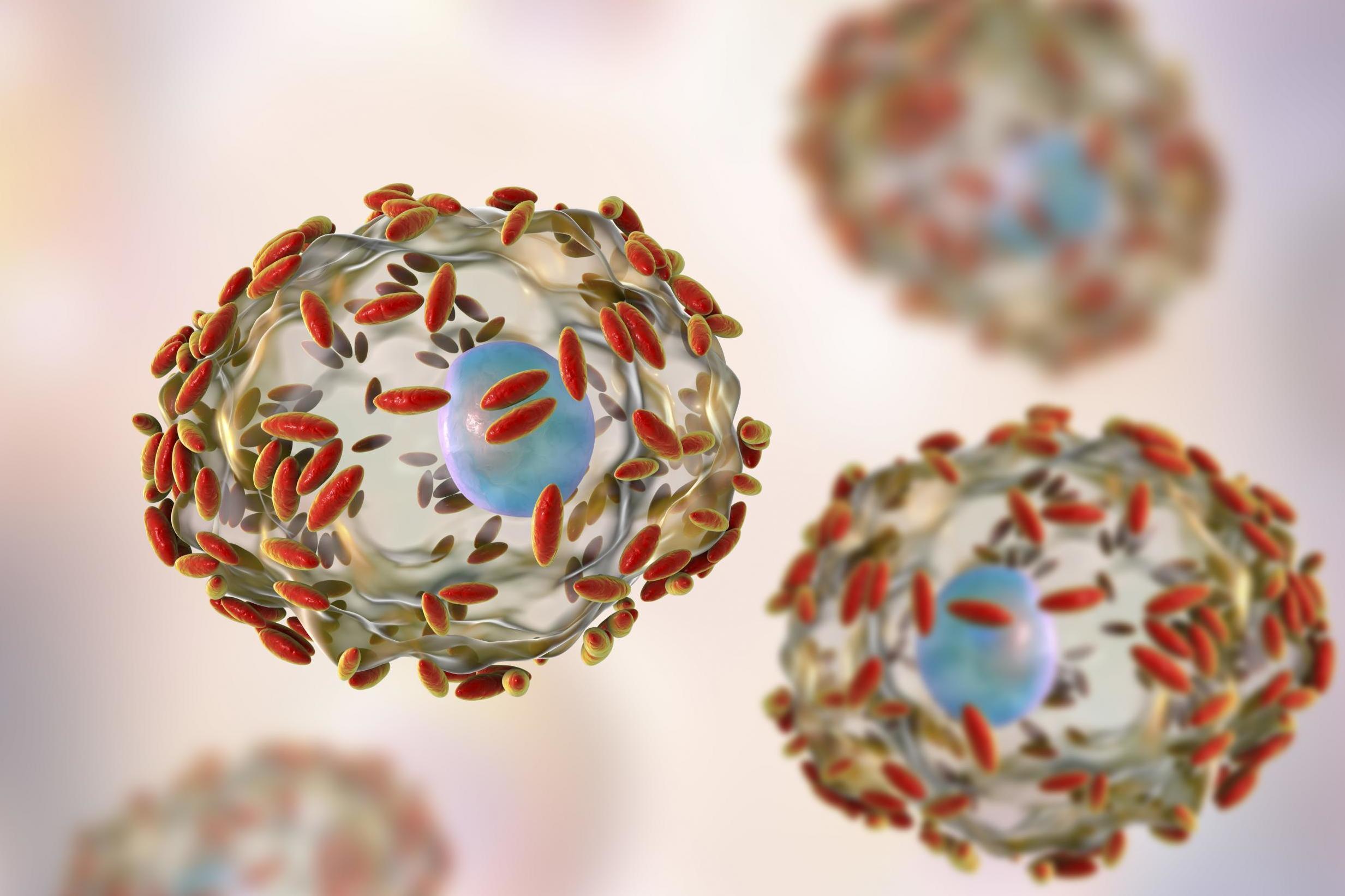The Independent's journalism is supported by our readers. When you purchase through links on our site, we may earn commission.
Women may soon get vaginal fluid transplants to treat common condition
Bacterial vaginosis is most common vaginal infection in women aged 15 to 44

Women who suffer from a common vaginal infection that makes them more vulnerable to sexually transmitted infections may soon be treated with vaginal fluid transplants.
Scientists in the US are currently researching the technique, which would involve taking vaginal bacteria from a healthy donor and transferring it to the patient, in treating bacterial vaginosis (BV).
BV, the most common vaginal infection in women aged 15 to 44, is a type of “vaginal inflammation caused by the overgrowth of bacteria naturally found in the vagina, which upsets the natural balance,” according to the Mayo Clinic.
Although the causes are not fully understood, it is believed the infection can be triggered by douching or sex with multiple partners
While BV, which can cause symptoms including thin, white discharge, burning or itching, and a "foul-smelling odour", doesn’t generally lead to complications, the infection can lead to preterm birth, increased susceptibility of sexually transmitted infections (STIs) and pelvic inflammatory disease (PID).
Currently, BV is treated with antibiotics, however, it is known to keep coming back.
Researchers at Johns Hopkins University, who published their findings in the journal Frontiers in Cellular and Infection Microbiology, studied the transplant technique for treating BV after seeing the success of faecal microbiota transplants (FMT).
“Vaginal microbiota transplant (VMT) has the potential to revolutionize the way we view and treat conditions affecting the female reproductive tract,” the researchers wrote.
To test the treatment, the researchers tested 20 women through a universal donor screening program that analysed variables such as sexual history and vaginal products. The scientists also collected urine, vaginal fluid and blood samples.
According to the findings, 35 per cent of the women were eligible to be vaginal fluid transplant donors. The hope is that scientists will be able to eventually identify “super donors”, who have favourable lactobacillus-dominated microbiota, which tends to be higher in protective lactic acid content and lower pH.
To become a donor, researchers suggest abstaining from sex for at least 30 days would be necessary, before giving a sample. The donor would also be screened for infections including HIV.
According to study co-author and assistant professor at Johns Hopkins University, Dr Laura Ensign: “Once a safe donor has been identified using this protocol, she could donate on multiple appropriately screened occasions. The idea of a 'super-donor' with no identified past or current infections and with favourable Lactobacillus-dominated microbiota is one that should be explored."
The technique has already received regulatory approval from the Food and Drug Administration (FDA).

"If we can get funding, we could start right away," said Dr Ensign.
Join our commenting forum
Join thought-provoking conversations, follow other Independent readers and see their replies
Comments
Bookmark popover
Removed from bookmarks